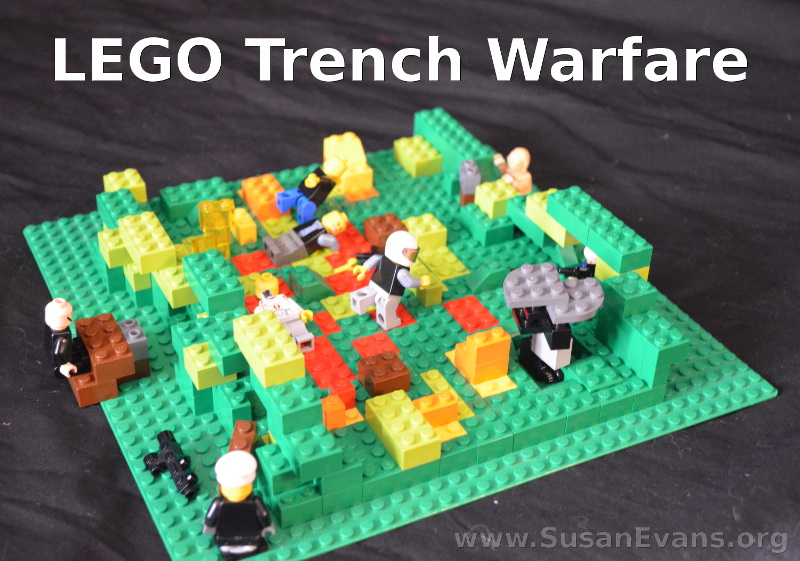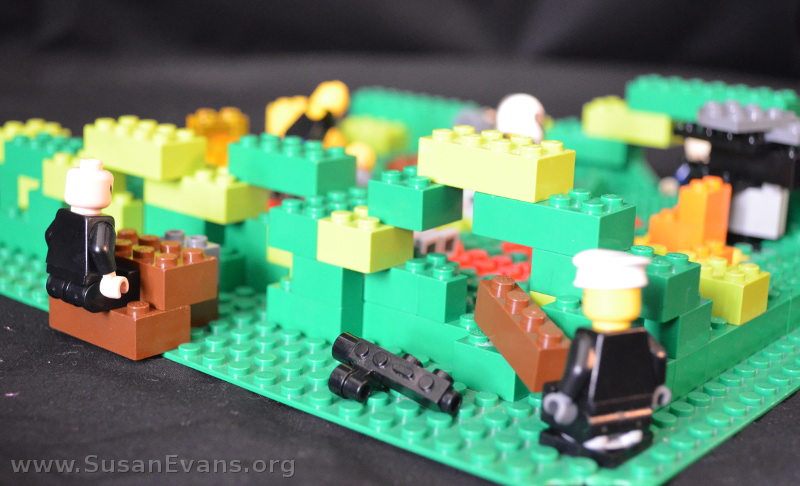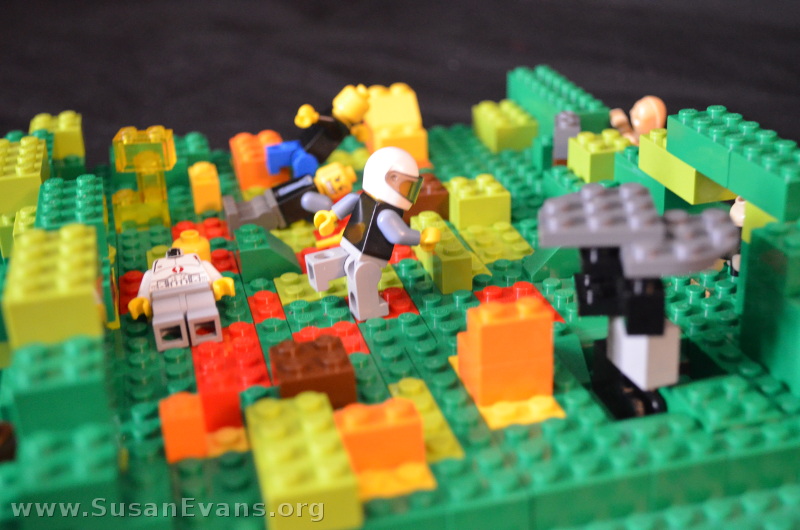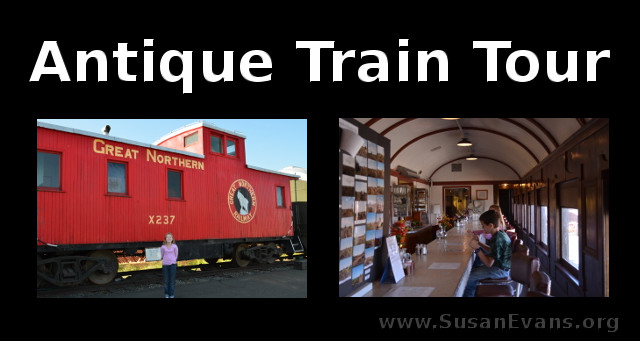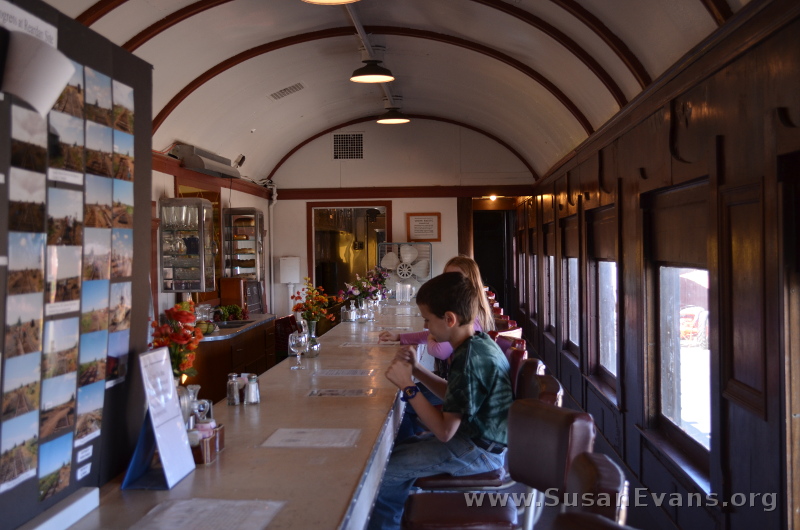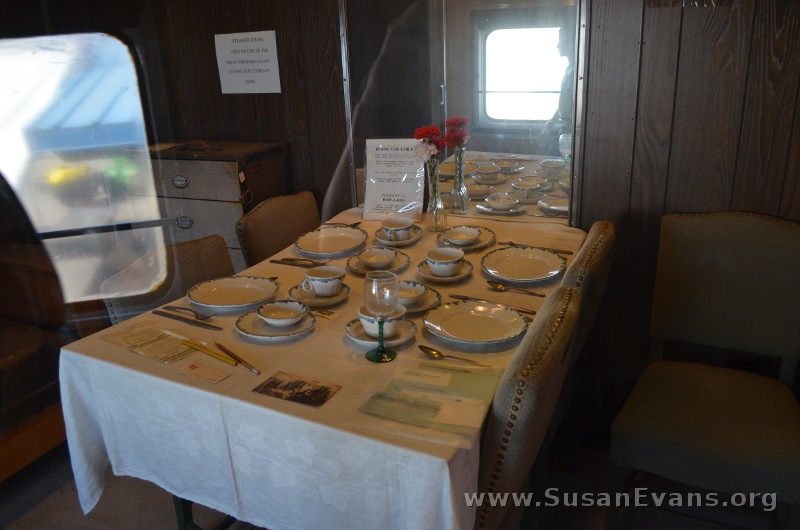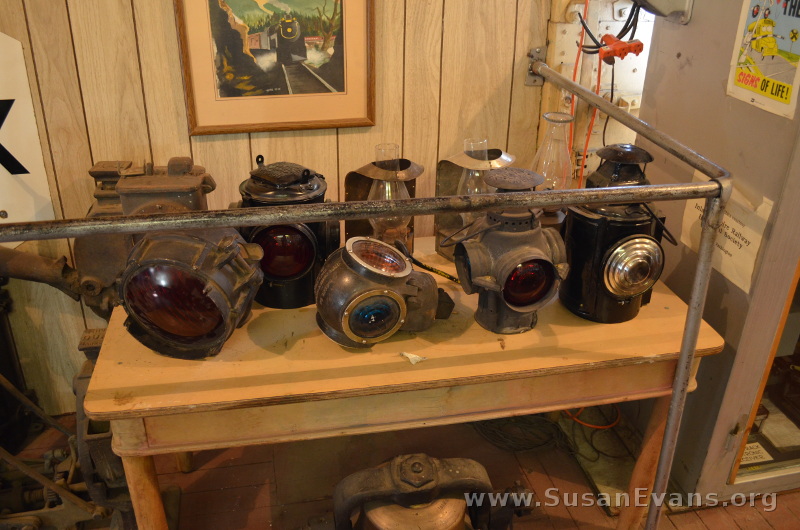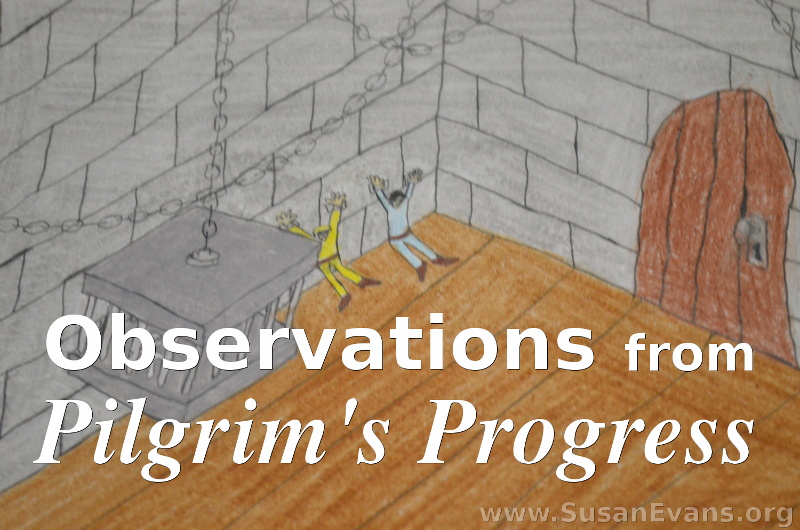What is fasting, and how is it related to prayer? Is there any biblical evidence that fasting is for today? Does Jesus want us to fast?
The purpose of fasting is to bring the body into subjection to the Spirit. Fasting is “abstaining from food for measured periods of time in order to heighten my hunger for the things of God.” – James MacDonald
The Jews were required to fast on the Day of Atonement (Leviticus 16:29). Everyone went without eating. Men, women, and children—every single person fasted before the Lord in humiliation. God commanded His people to fast—ALL of them.
Feasts were also commanded by the Lord, so there is nothing wrong with food in and of itself. God created food for the sustenance of our bodies, and He expects us to take care of our bodies. It’s only when we want more of God—or we have bondage to sin that we can’t get rid of—or we need wisdom—that we can set aside time to fast.
Christ expects that all true believers will fast, saying, “WHEN (not if) you fast, don’t be like the hypocrites” (Matthew 6:16).
When Jesus was with the Pharisees, they asked why His disciples were feasting while John the Baptist’s disciples fasted. “And Jesus said to them, ‘Can the wedding guests mourn as long as the Bridegroom is with them? The days will come when the Bridegroom is taken away from them, and then they WILL fast.’” Matthew 9:15 ESV
Ezra fasted with 4,000 people to solve a problem. He needed to travel from Babylon down to Jerusalem with no bodyguards because he had told the king that God would protect them. But robbers would always attack travelers along that road. Ezra was scared into fasting for God’s supernatural protection because it would be a miracle if they arrived down in Jerusalem with all the gold vessels and treasures that they were carrying back to the Temple from the days of King Nebuchadnezzar. God heard their prayers and protected them during their travels.
Esther and the entire Jewish nation fasted before the Lord when the Jews were going to be massacred by Haman and his henchmen. God supernaturally intervened and Haman was hung on his own gallows, and all the enemies of the Jews were destroyed, while the Jews were kept alive and protected by God.
By the way, fasting is nearly always accompanied by tears. This is because you are so empty and dependent on the Lord that you are desperate. The reason that drove you to fast is the reason you are weeping. Fast with repentance as well as sincerity (Joel 2:12-14).
The best thing about fasting is that you get to know God Himself—you draw close to His heart and learn to align your will to God’s will. Ask God to reveal sin in your life as your first fast because we have so much sin that we are not even aware of. Without holiness we cannot walk closely with Him, so purge your life from all sin. Then you will draw much closer to God and discover His will.
When I fast, the fact that my stomach is hurting causes me to have much more intense prayer times. I seek God with all my heart. When my stomach is full and I pray with all my heart—that prayer is less intense than when I pray and my belly is empty. There is a yearning of the body… a weakness that is put under the authority of Christ. The emptying of ourselves causes a deeper passion, a deeper seeking after the Lord that is much harder to achieve without fasting.
I agree with John Piper that “the absence of our fasting is the measure of our contentment with our absence of Christ.” The normal life of a Christ-follower includes fasting. That is because all true Christ-followers are wholehearted.
This is the first post in the “Hunger for God” Fasting Series. (One will be posted each Friday):
- What is Fasting? (this post)
- Reasons to Fast
- Seeking Wisdom During a Fast
- How to Fast
- Fasting with Others
- Fasting for an Enemy
To keep up with my prayer posts, follow my Prayer Page, where you will find exclusive prayer videos to help you hunger for God and establish a true prayer life!

